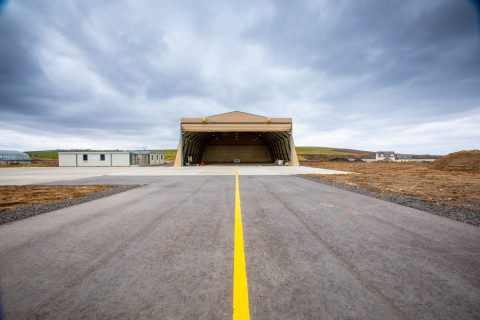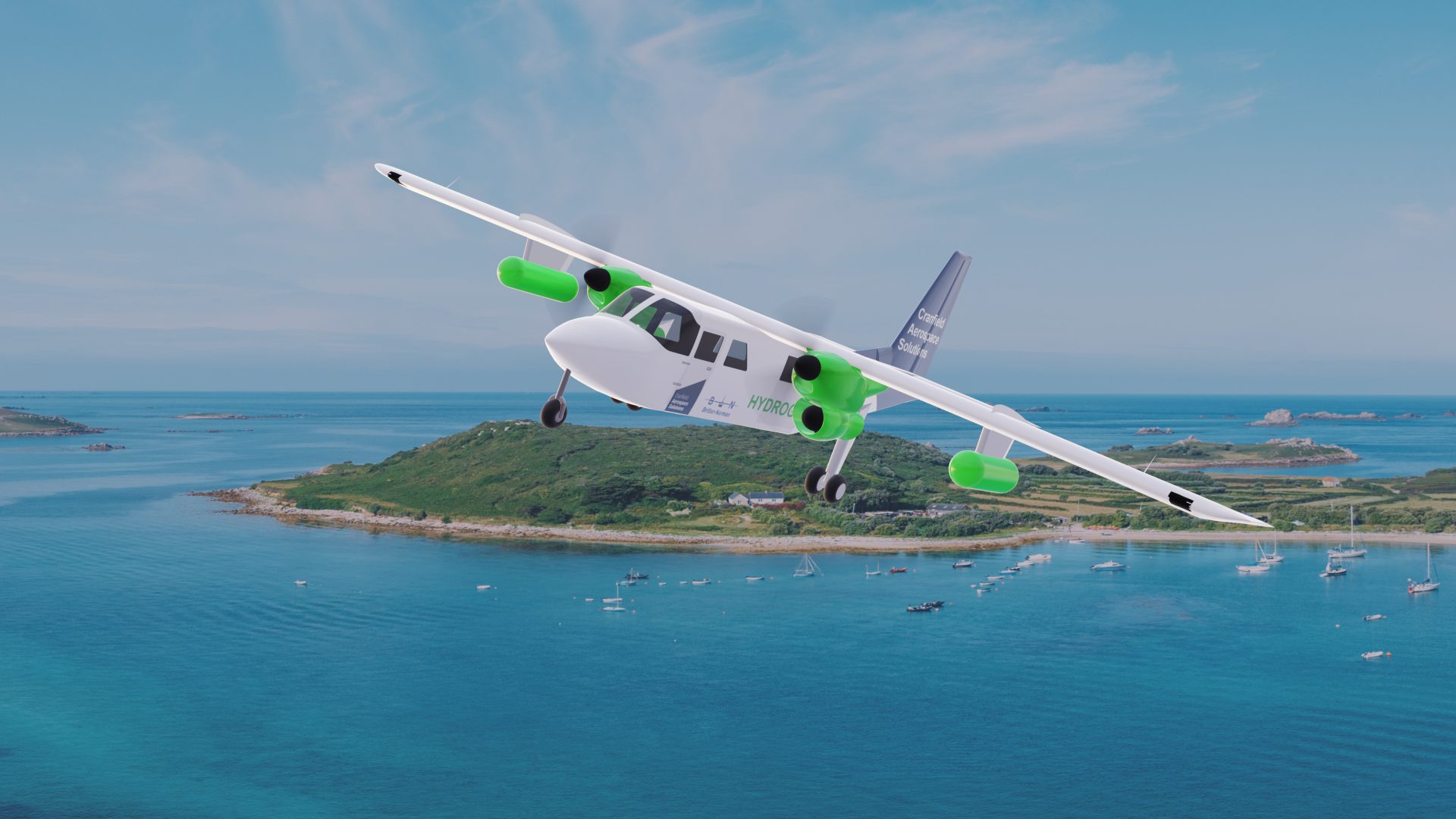Cranfield Aerospace joins Scottish sustainable aviation innovation project
The Sustainable Aviation Test Environment (SATE), part-funded by the UKRI Future Flight Challenge, is the UK’s first operationally based low-carbon aviation test centre located at Kirkwall Airport on Orkney. The project and its partners show emerging technologies along with real-world potential scenarios. They highlight the environmental, social and economic contribution sustainable aviation can make.
CAeS joins a consortium of 13 partners and underscores its commitment to driving innovation and sustainability in aviation. With over 30 years of experience in designing and certifying aircraft modifications, CAeS brings world-leading hydrogen-propulsion technology.
The designer and manufacturer will lead a piece of work that will assess what it will take to safely refuel an aircraft with gaseous hydrogen in a commercial airport environment.
Jayne Golding, SATE manager, HITRANS commented: “Bringing CAeS into SATE as a partner will allow us to continue to work closely with the CAA and will help to accelerate the use of hydrogen as an aviation fuel, plus enable the UK to take a leading role in its implementation.
“There is definite synergy being developed in the project which is important to progress innovation into real-life solutions. CAeS will work closely with consortium partners EMEC, Loganair, UHI, HIAL, HITRANS, and Orkney Islands Council on this specific piece of work, and as part of the broader SATE collaboration with partners ARC Aerosystems, Arcadis, Connected Places Catapult, Cormorant SEAplanes, Flare Bright, Hybrid Air Vehicles, and Windracers.”
CAeS recently announced a strategic partnership with Loganair, another SATE member, to debut the world’s first hydrogen-powered Islander in Orkney by 2027.
Jenny Kavanagh, chief strategy officer, Cranfield Aerospace added: “Cranfield Aerospace is delighted to be joining SATE. If, as an industry and a country we are to succeed in delivering zero emission aircraft into passenger service, it is vital that the regulation and infrastructure evolve hand in hand with emerging technologies such as CAeS’s hydrogen propulsion systems. Our focus is on the Islander operations in Orkney, but the outcome of this collaboration will be of benefit to the whole industry.”
A large part of SATE will be to share insights and best practices with other initiatives focused on zero-emissions aviation infrastructure and regulations across the UK. Together, SATE members are paving the way for a more sustainable future in aviation.

